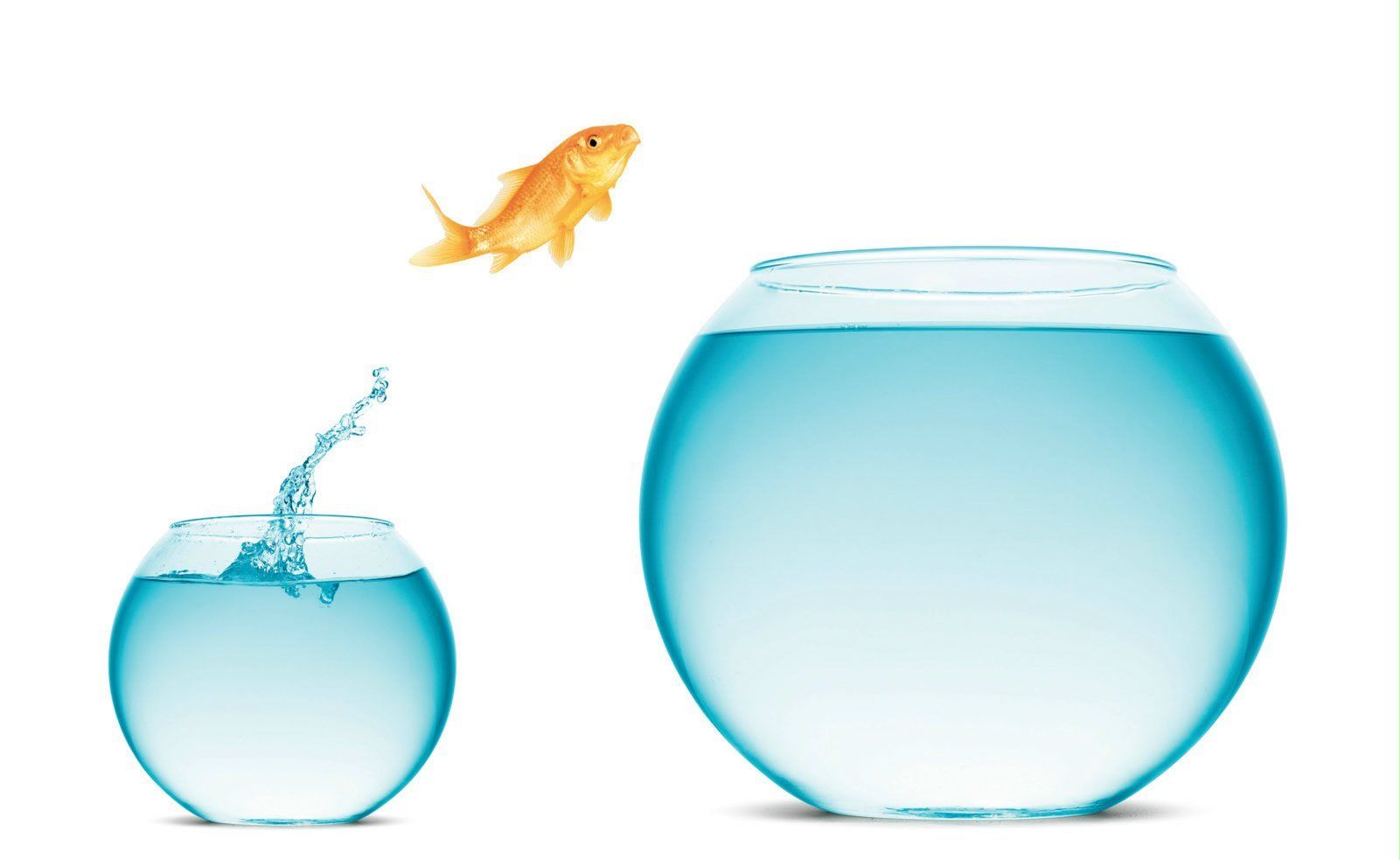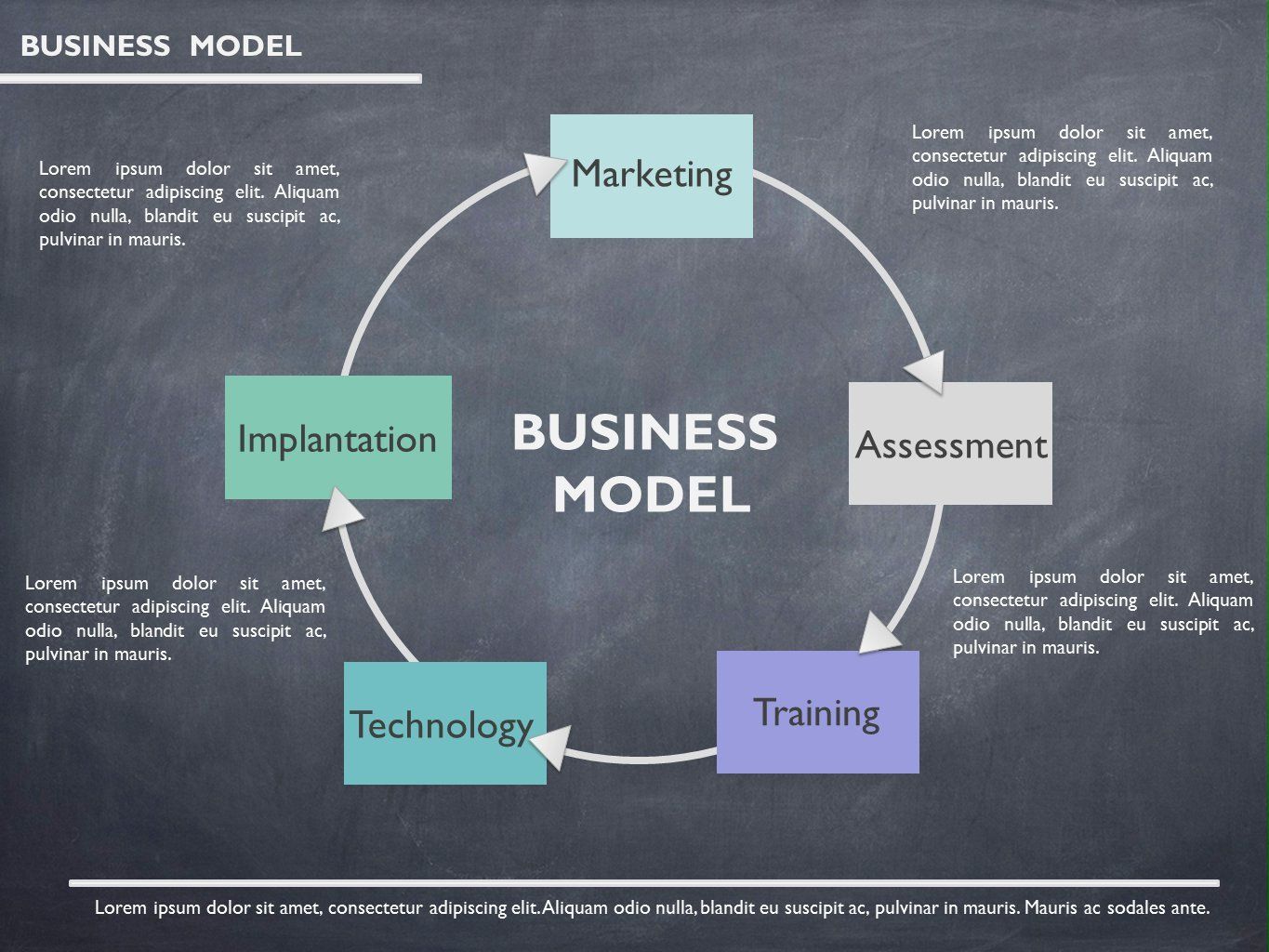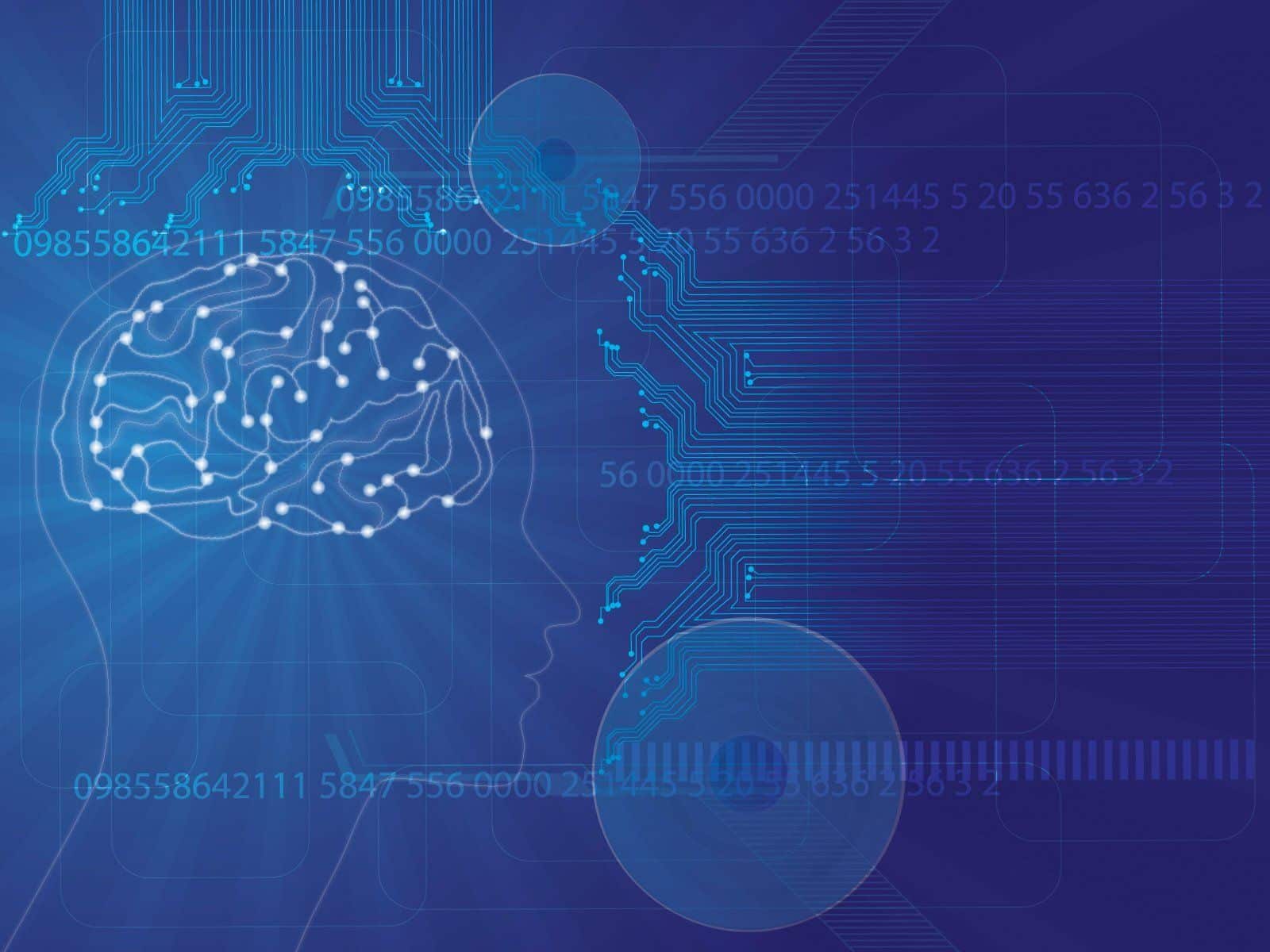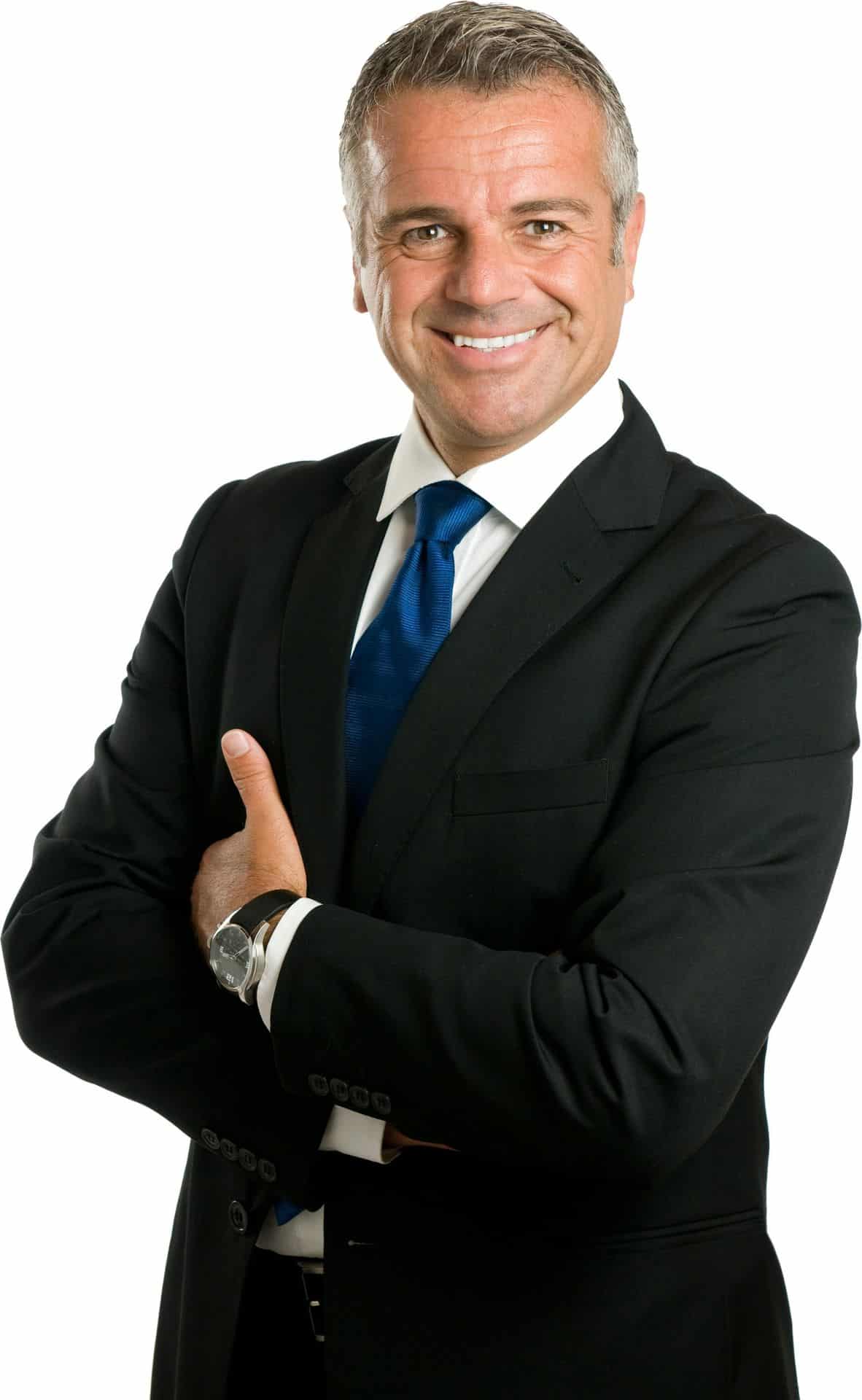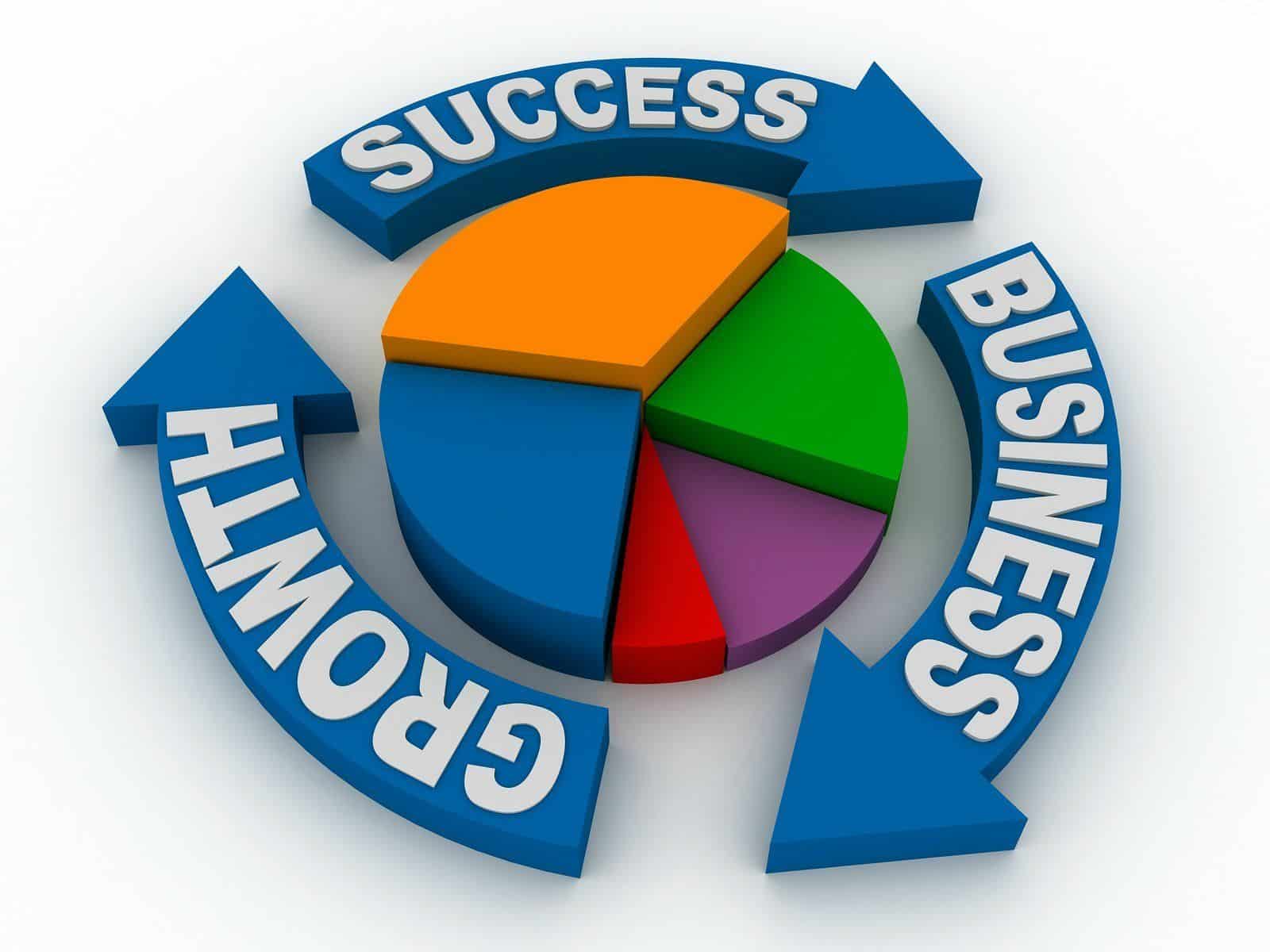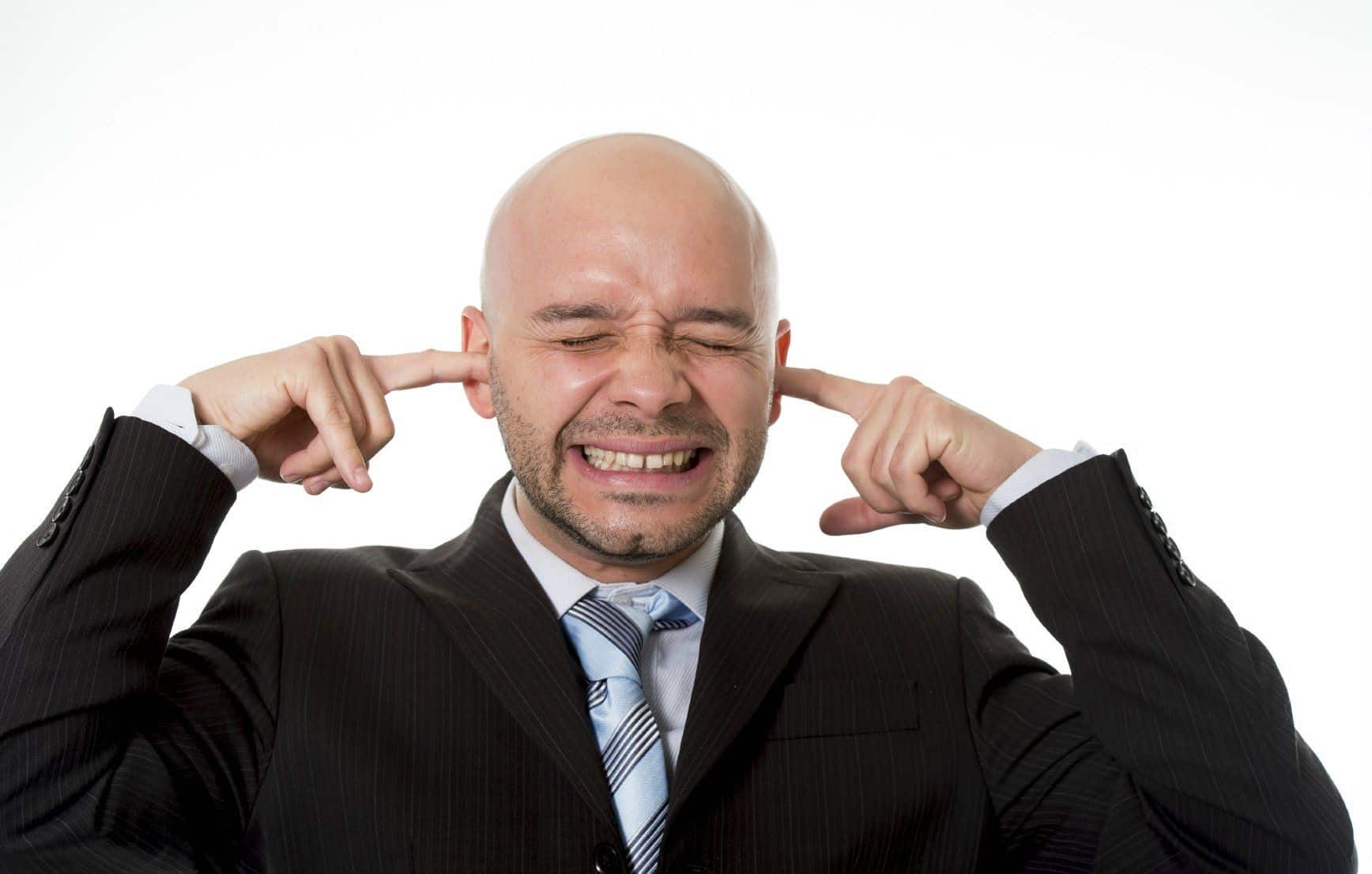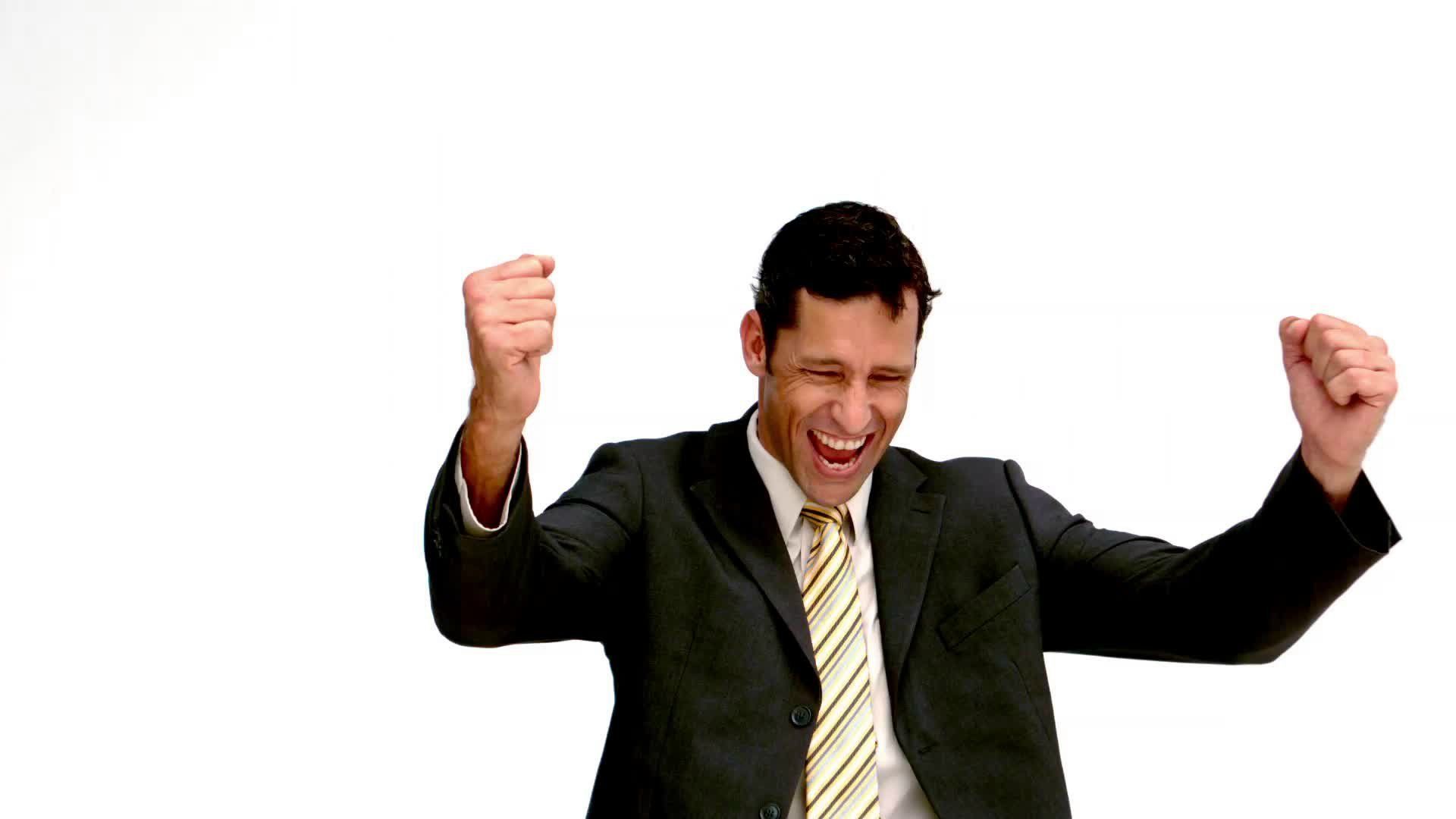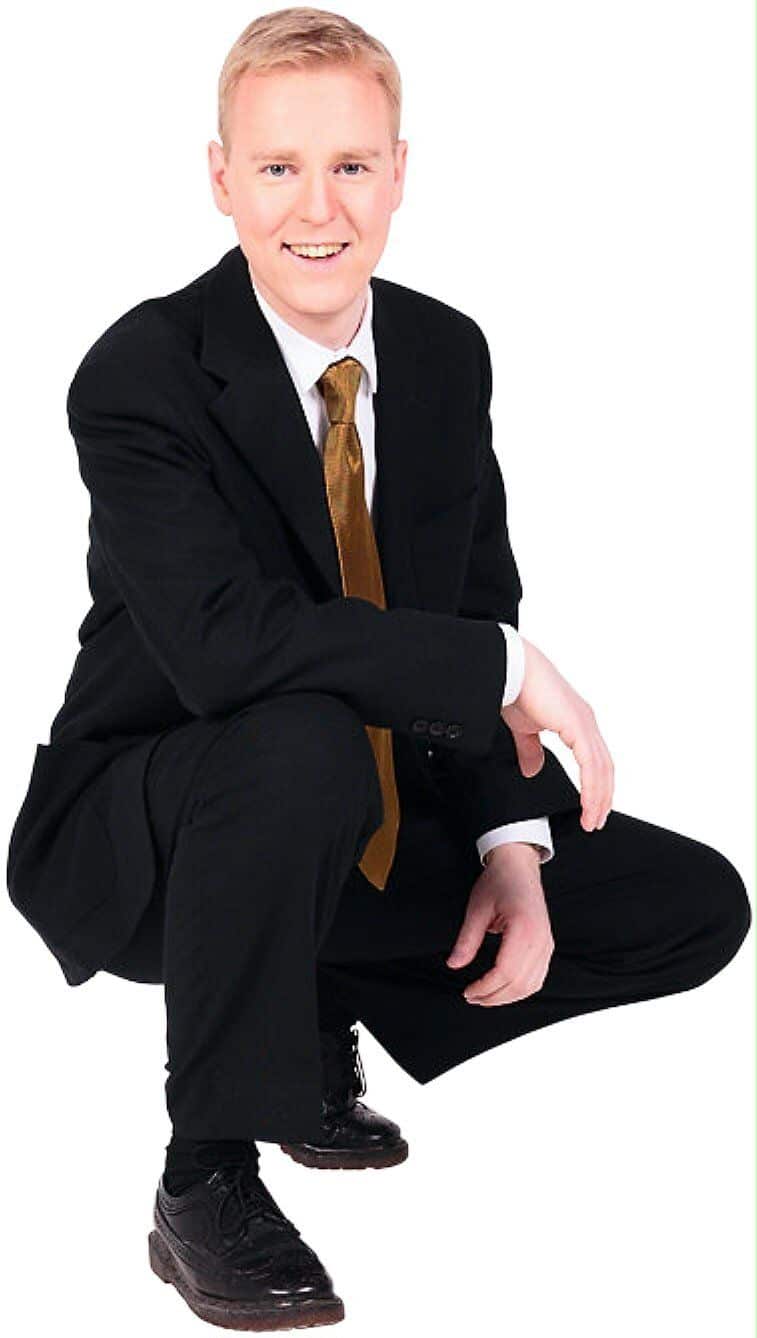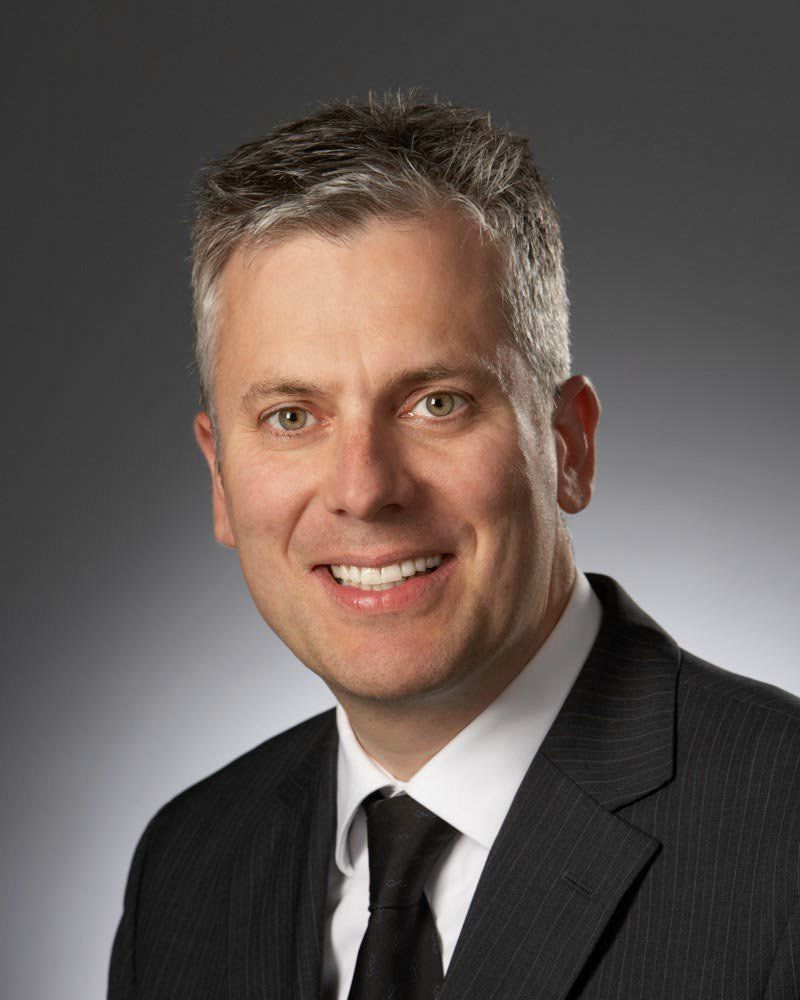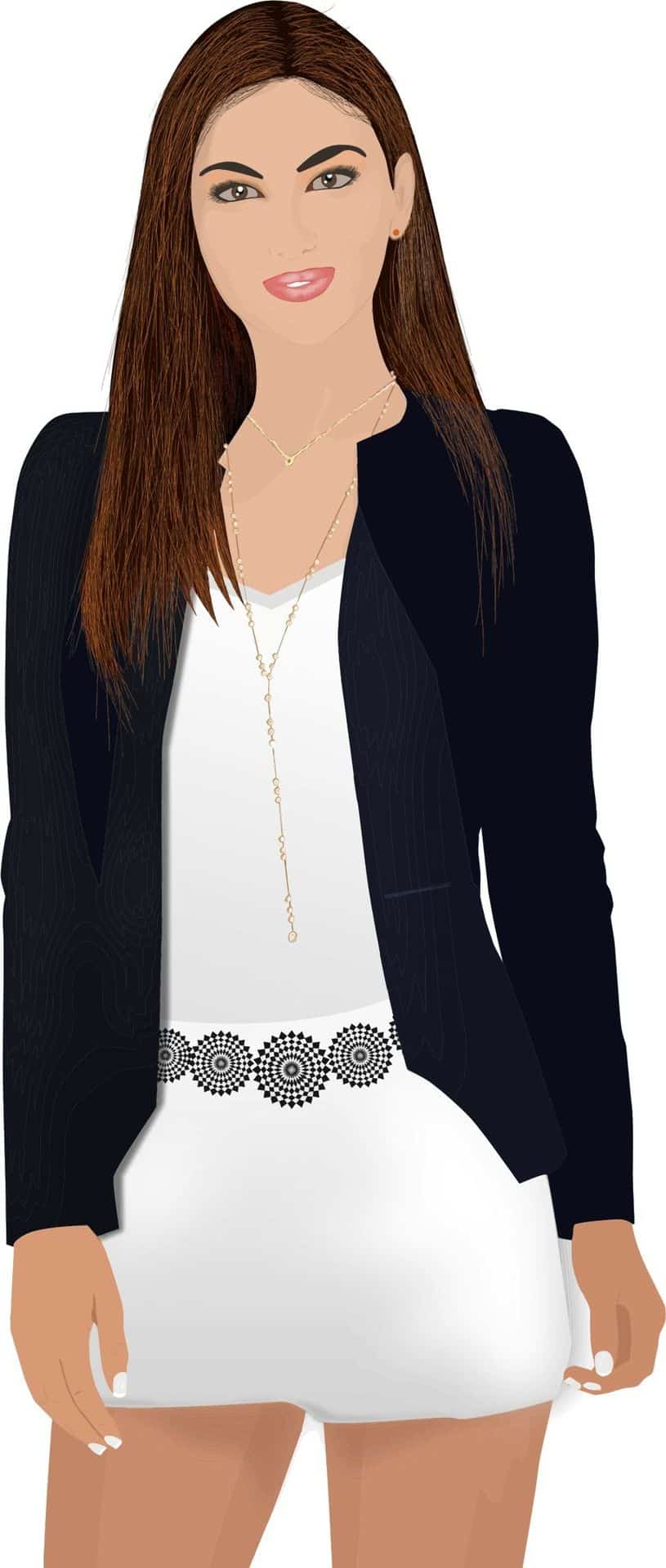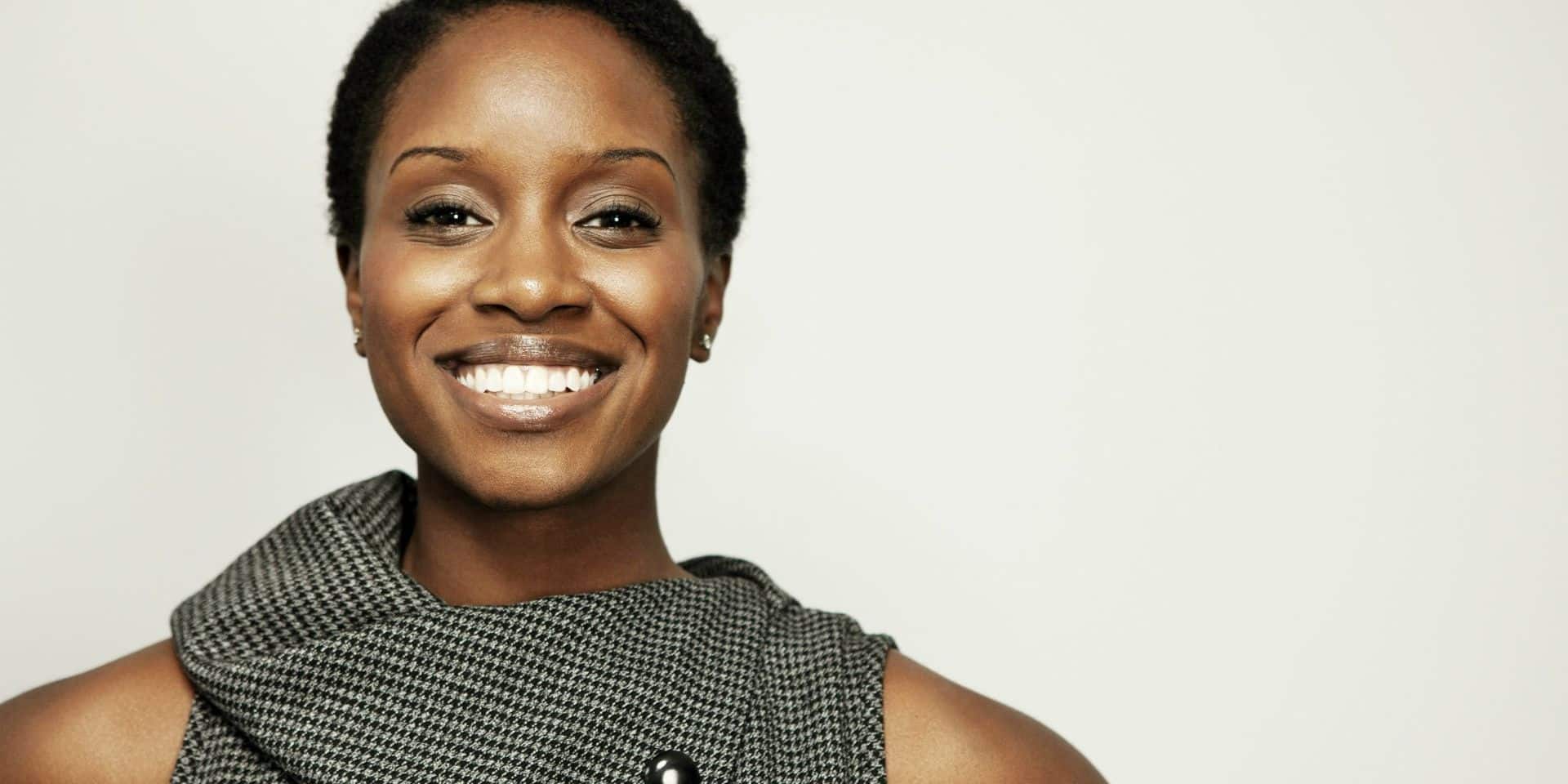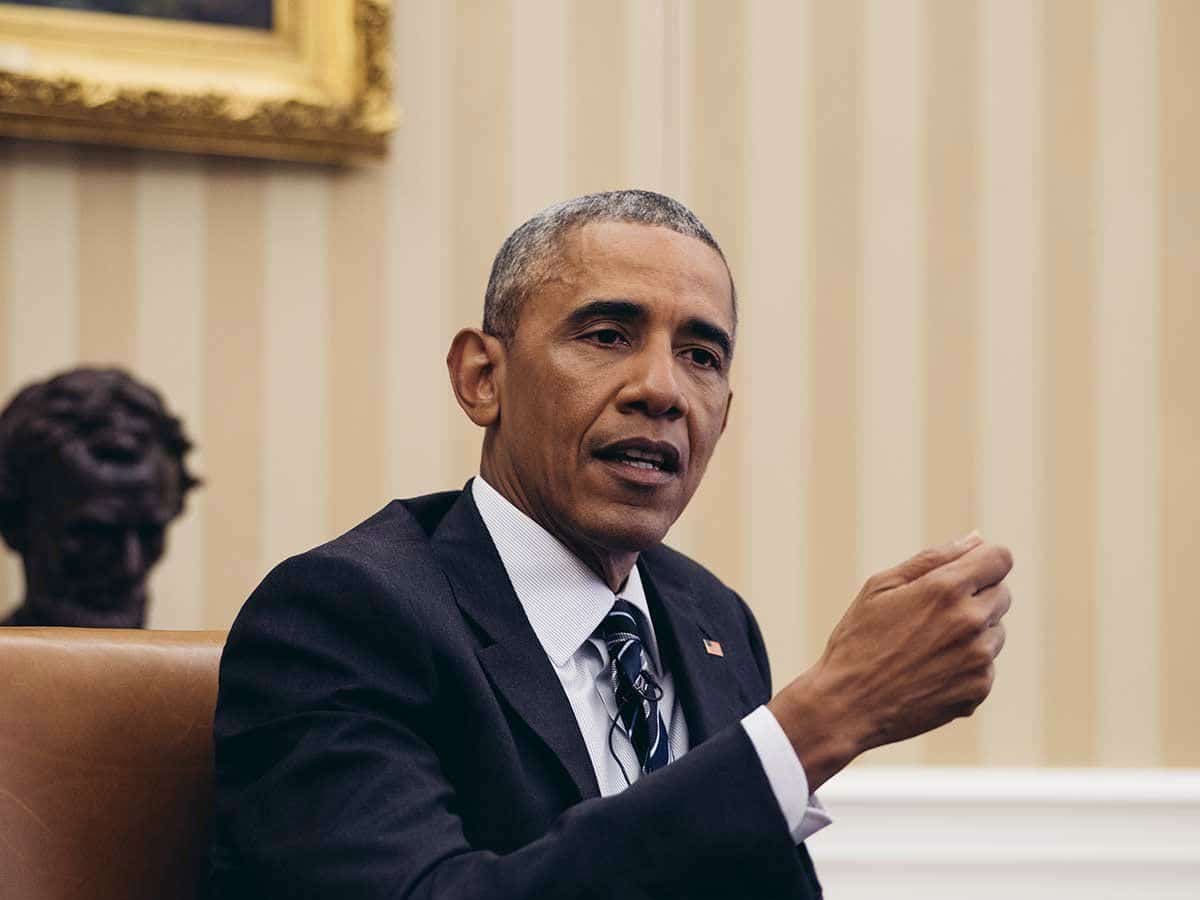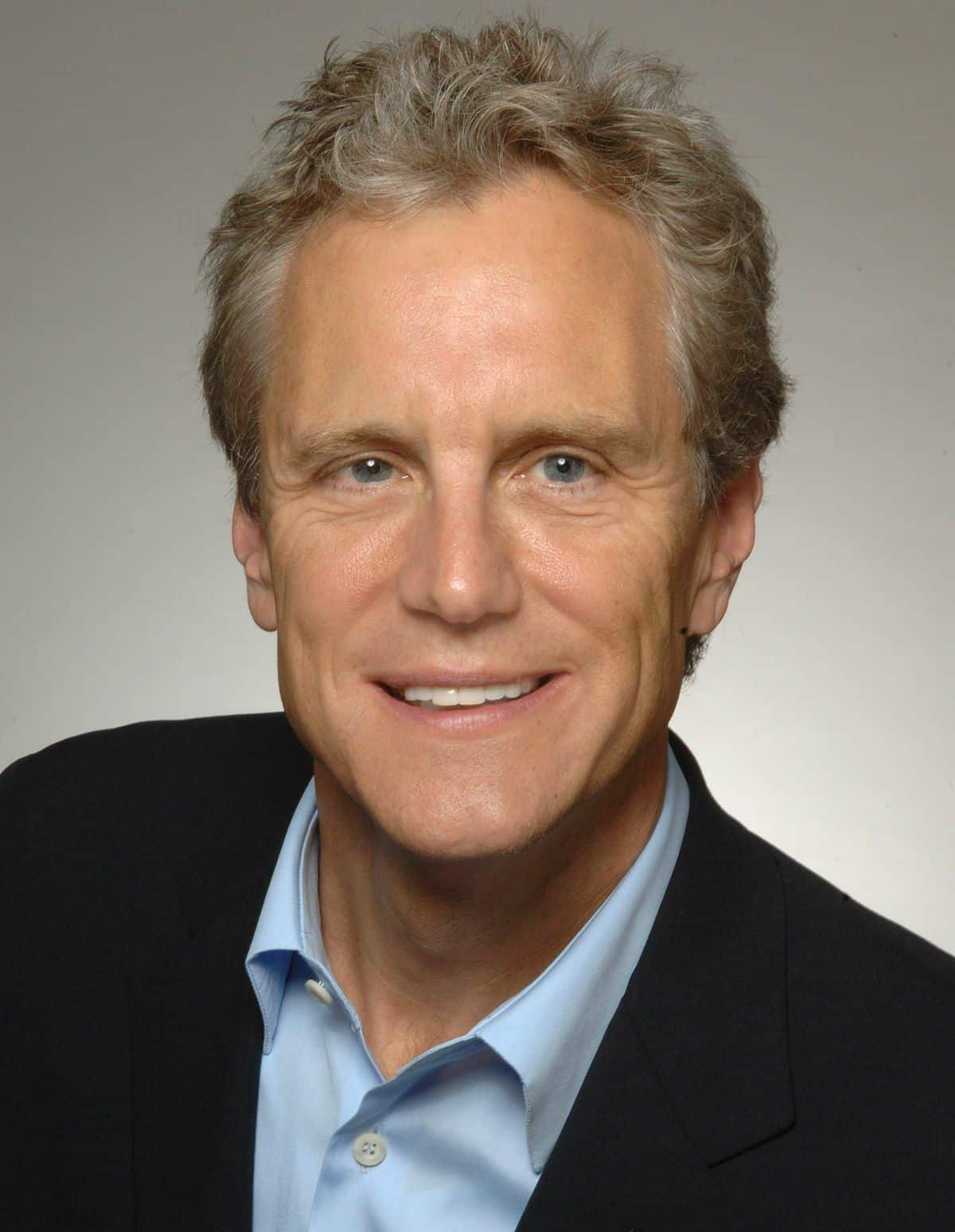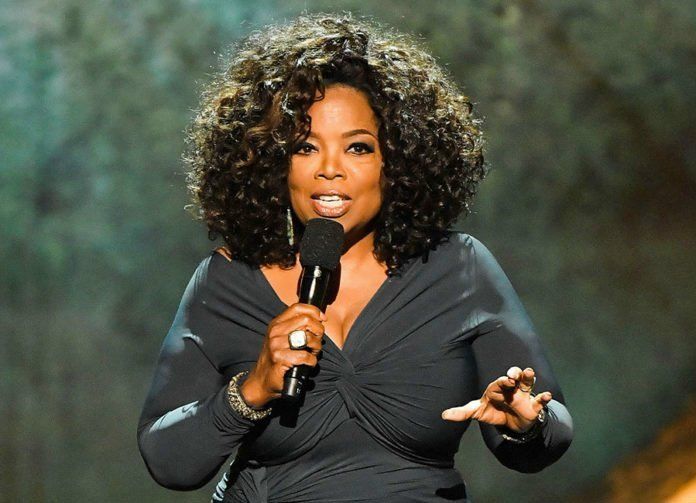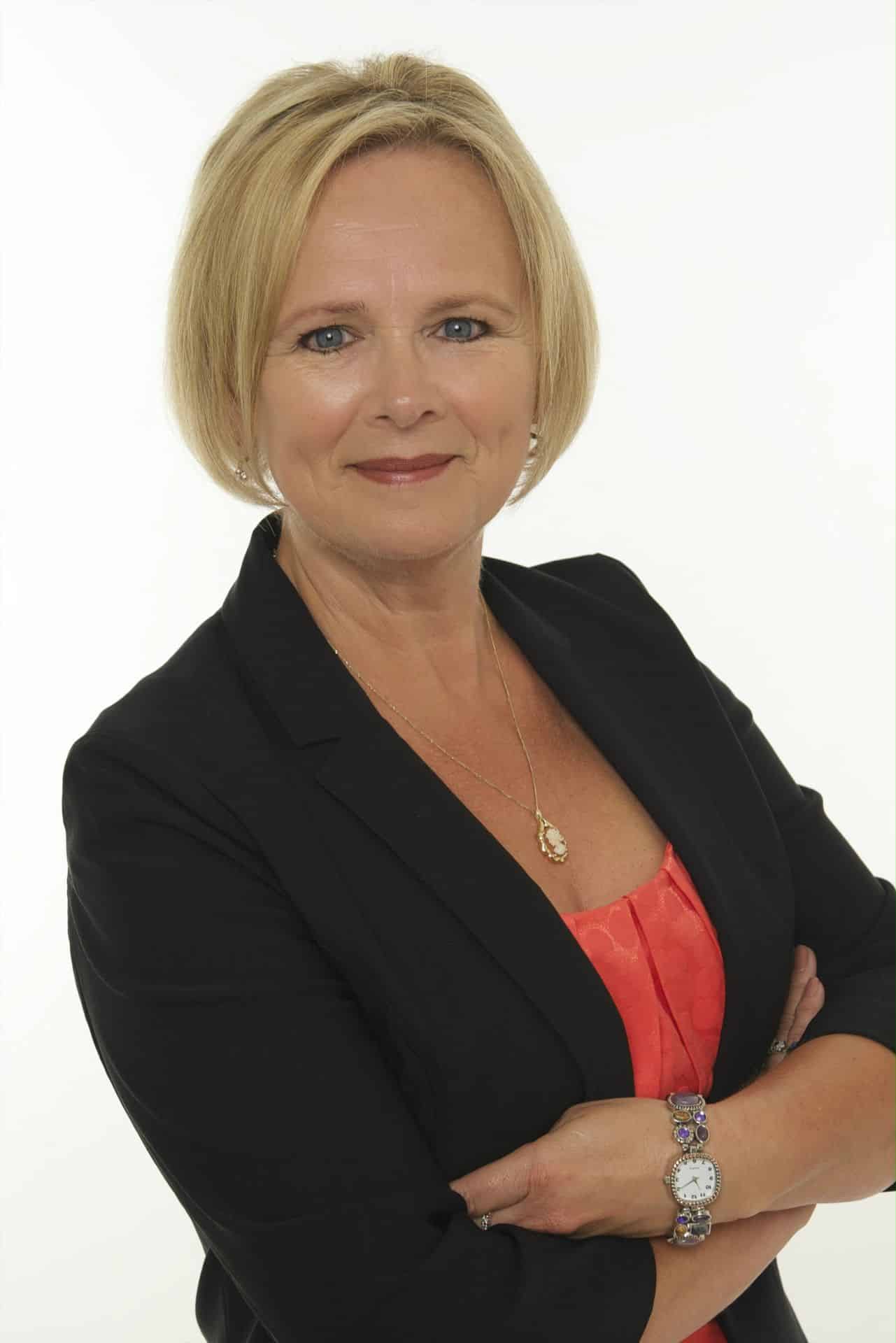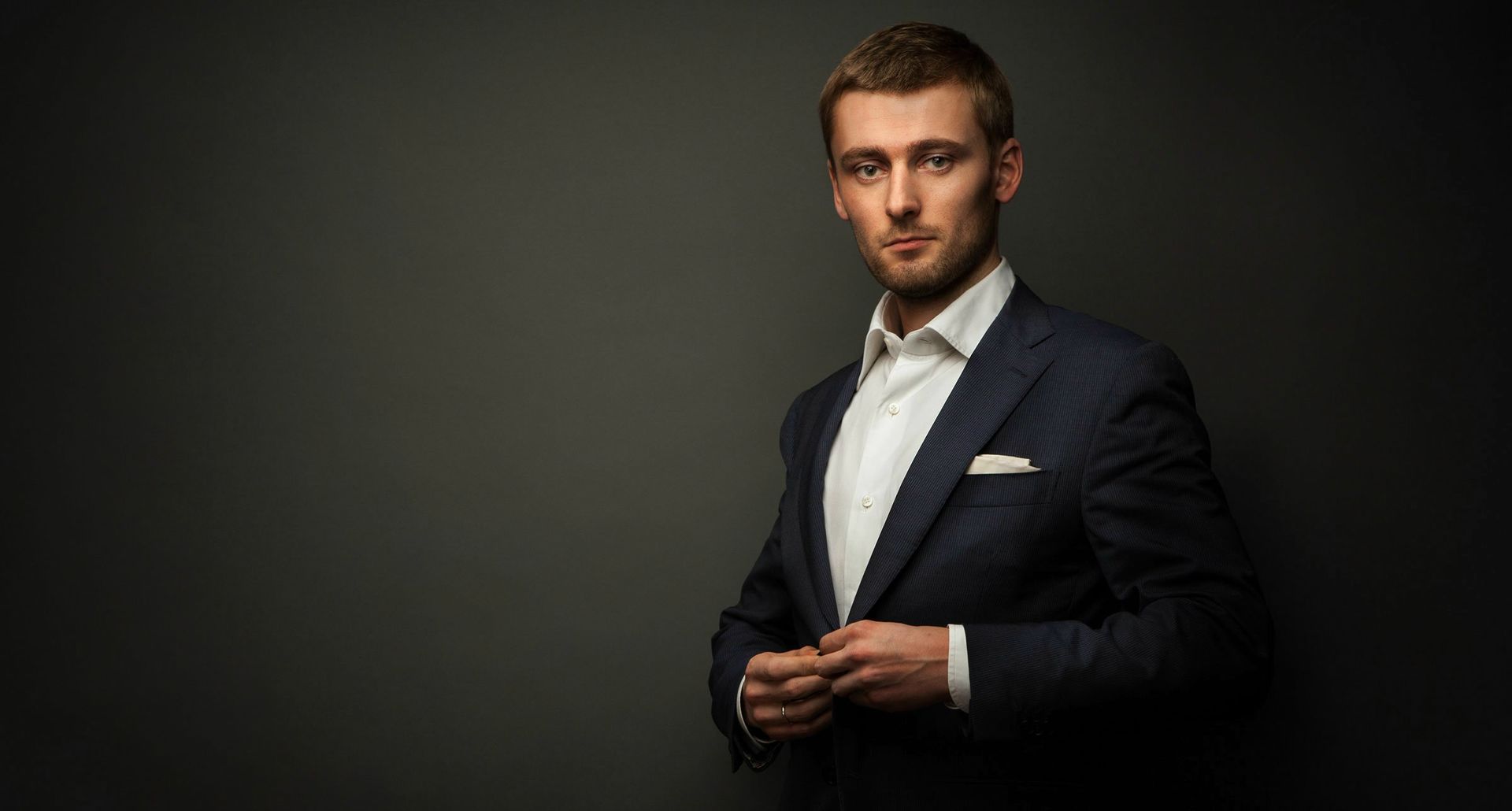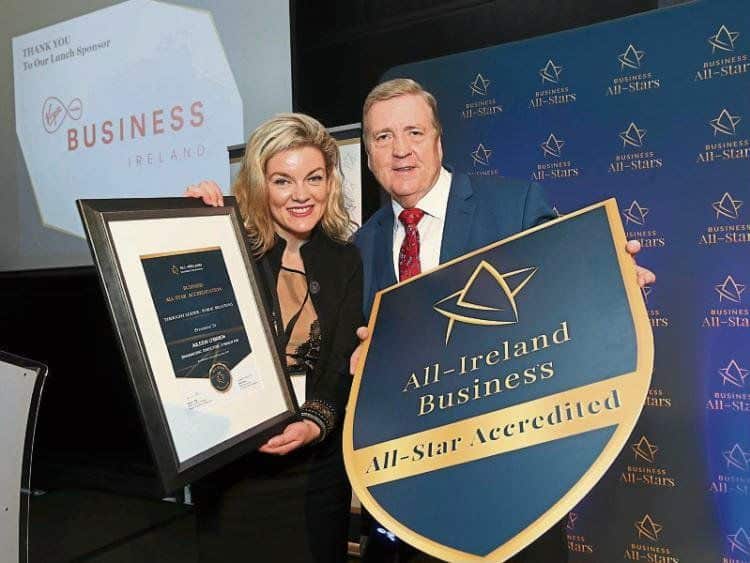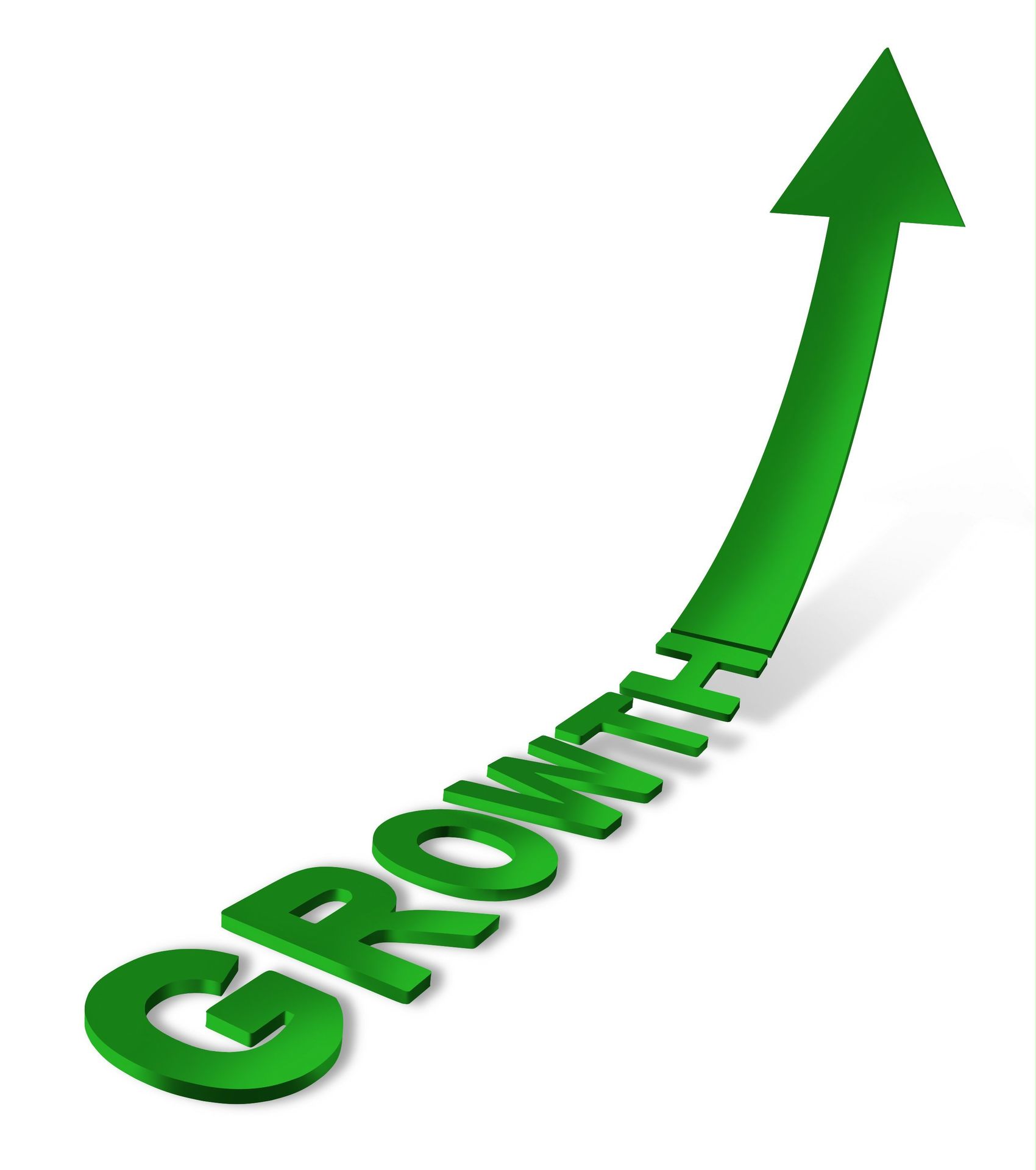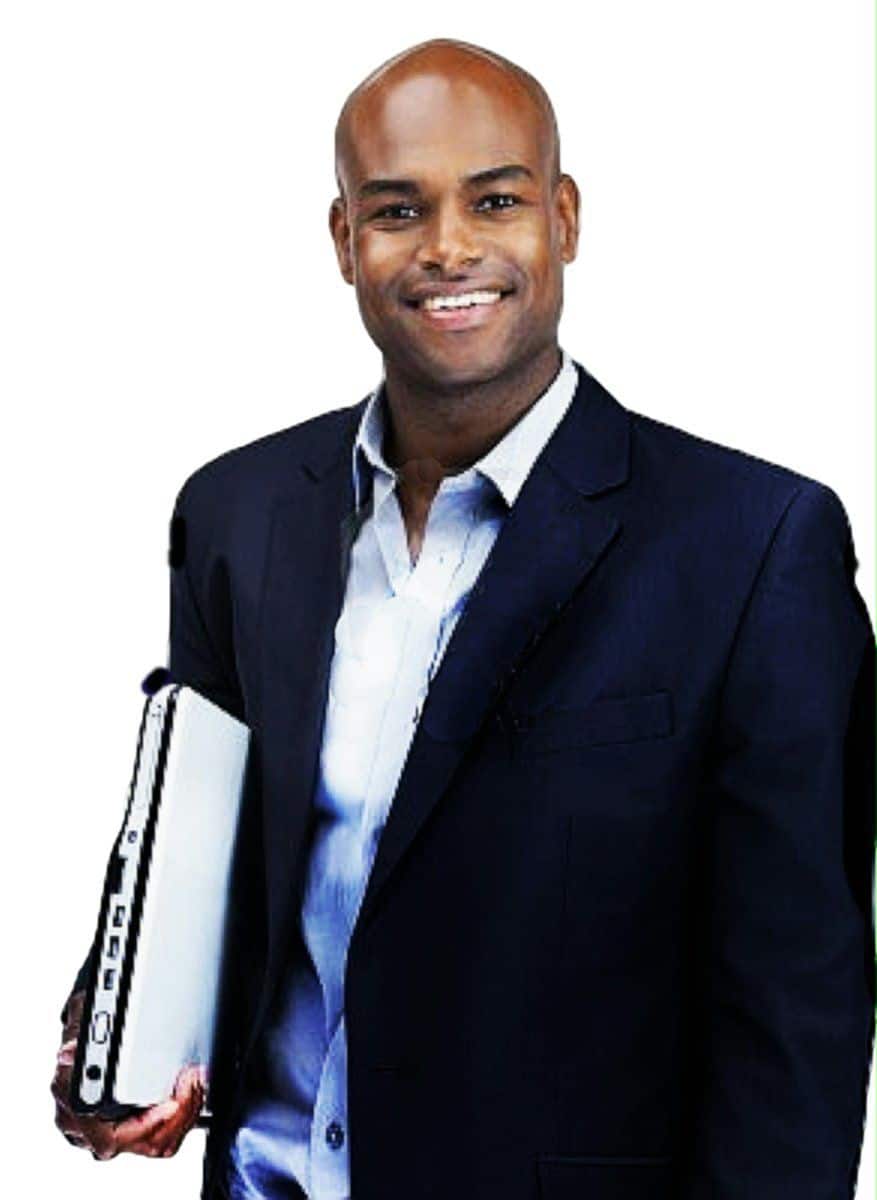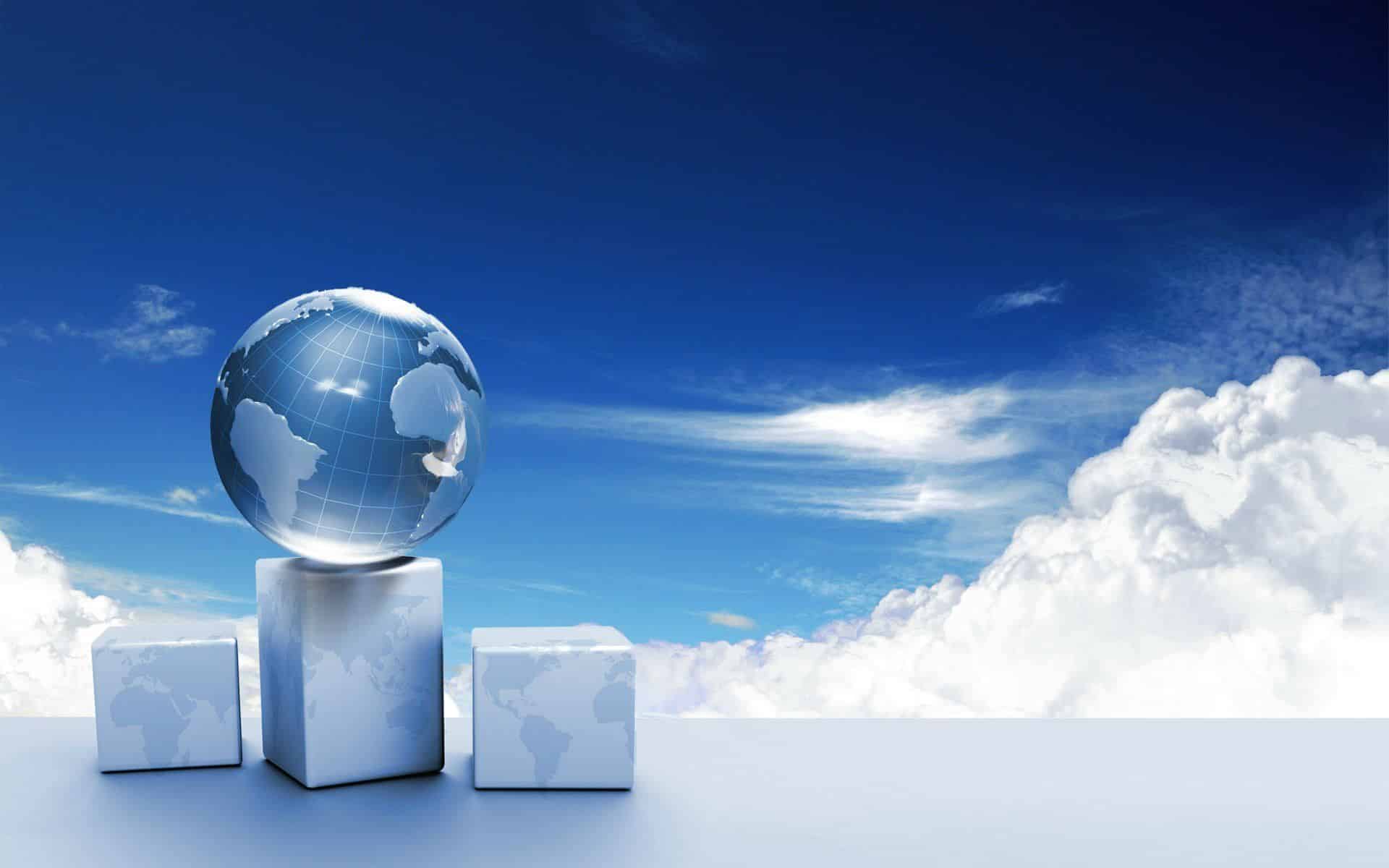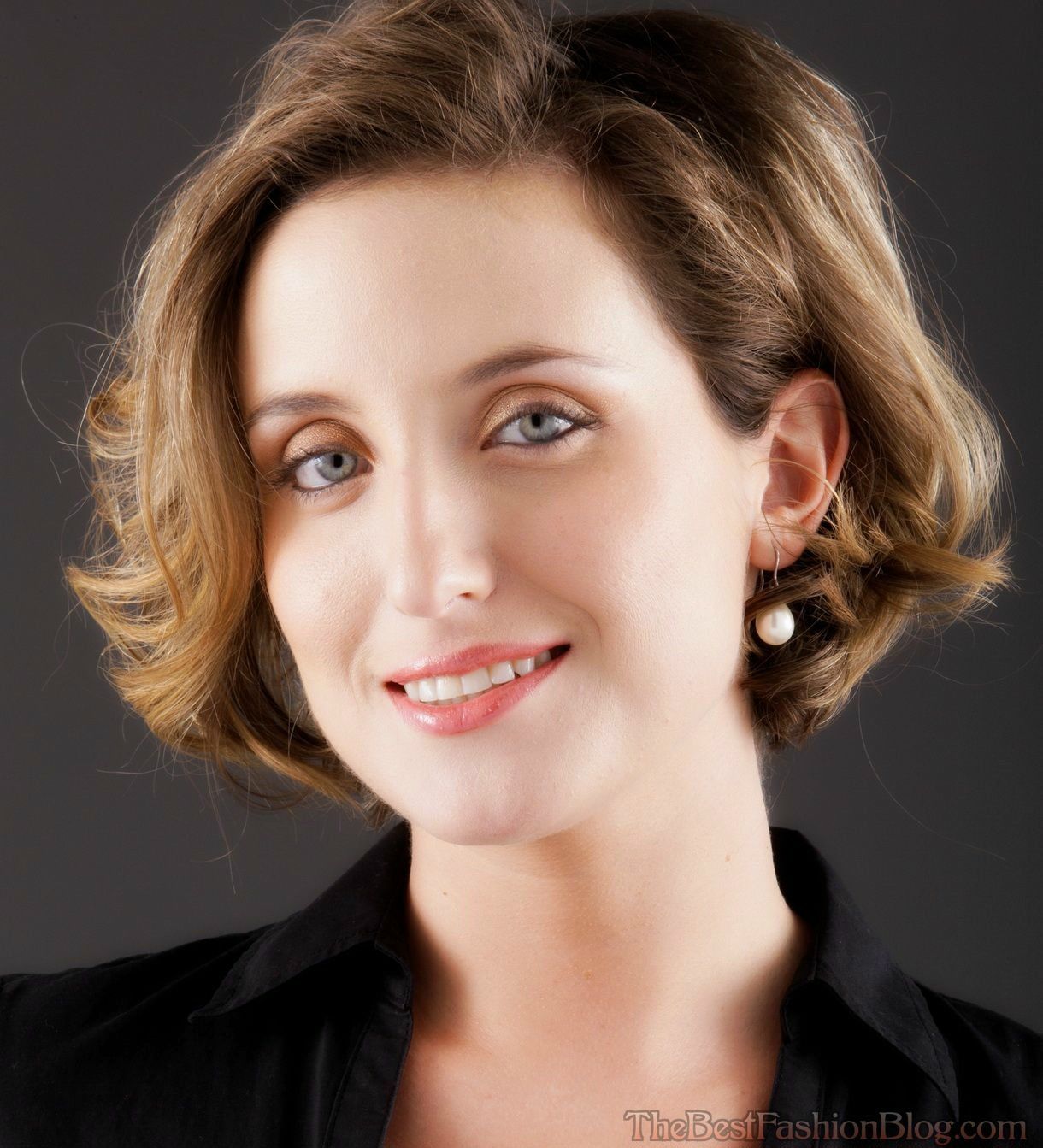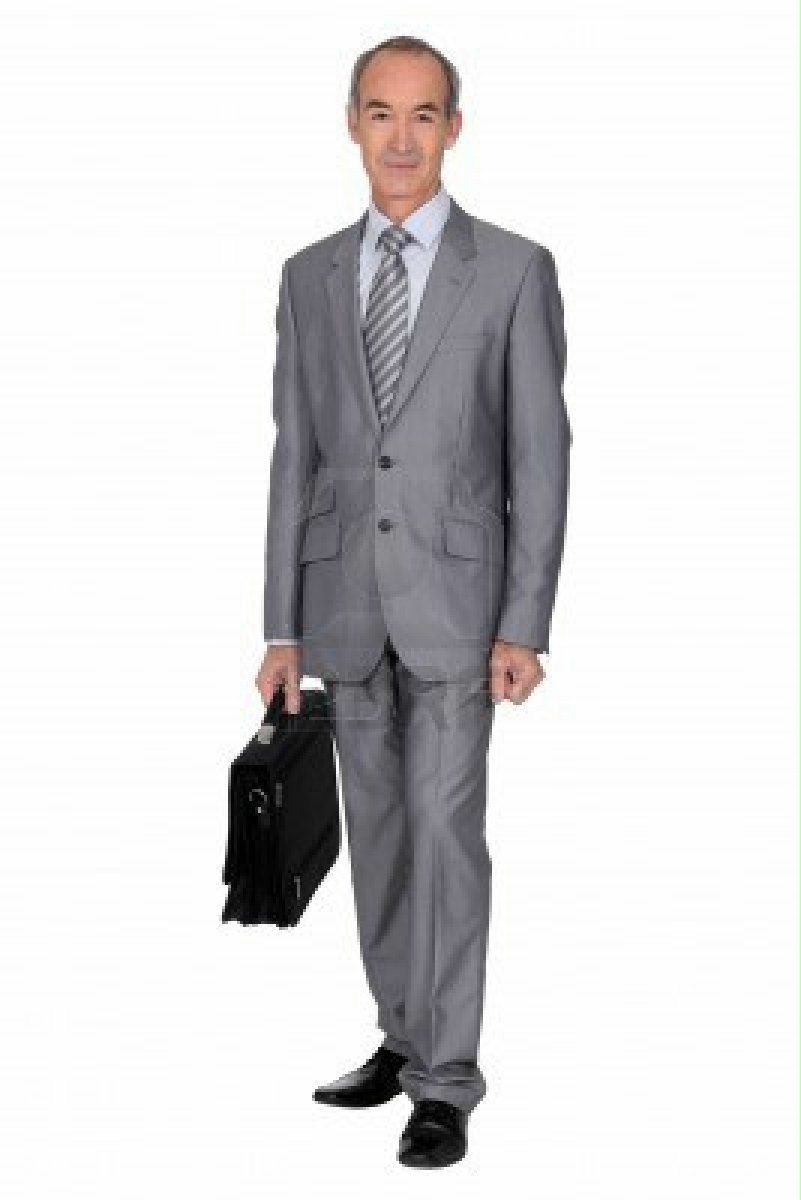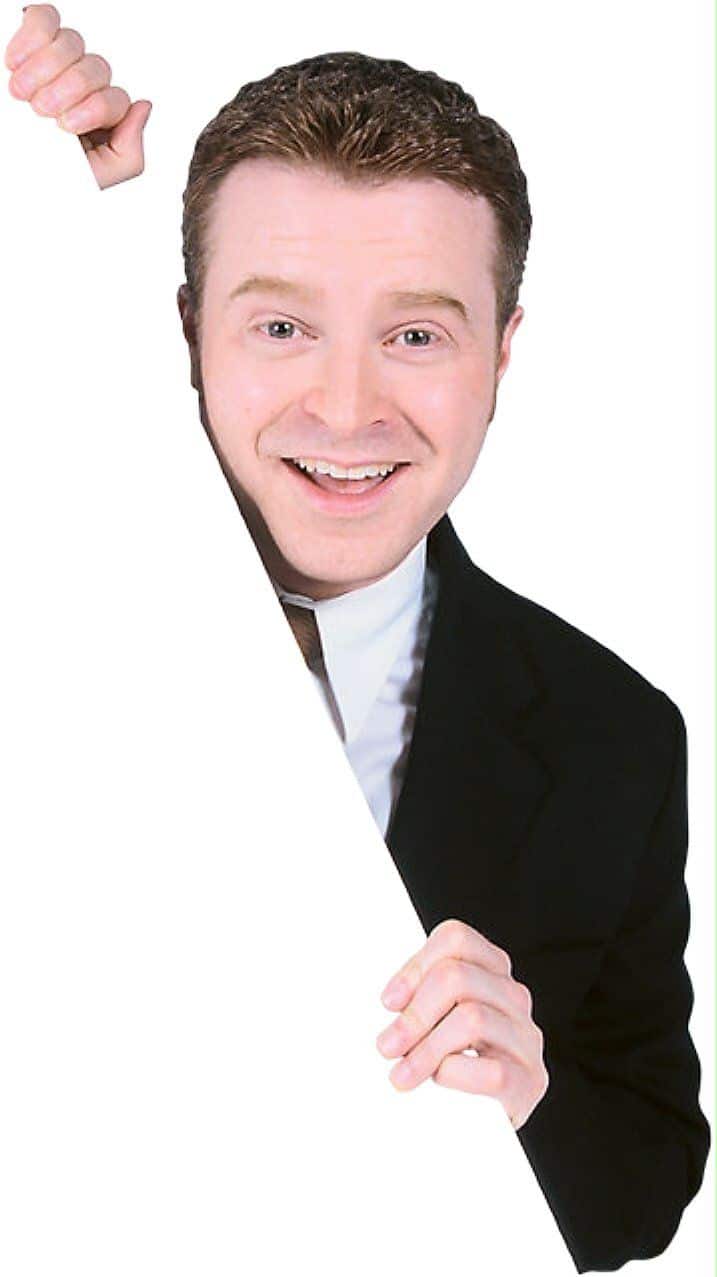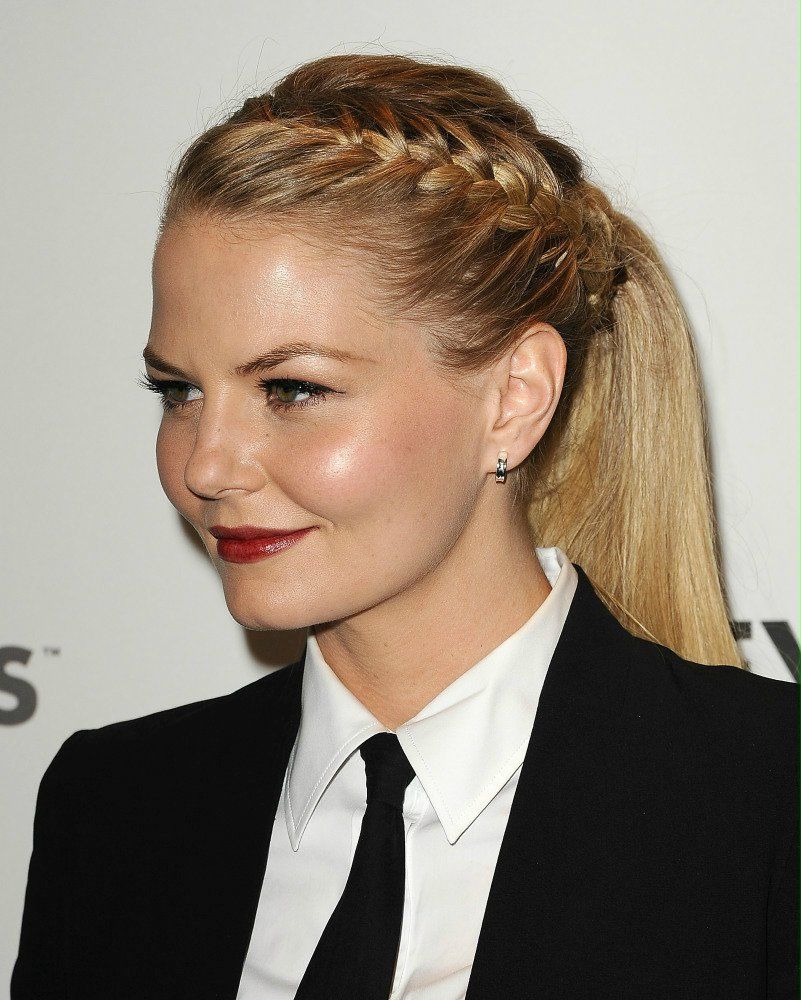She’s there again, a halo of studio light framing her perfect blonde waves, a jade tool a stark, cool green against her impossibly smooth cheek. Her voice, hushed and reverent, describes the flow of ‘qi’ while a pop beat, something about chasing dreams, thrums subtly beneath her words. Fifteen seconds. That’s all it takes to distill millennia of East Asian healing philosophy into a facial massage routine, punctuated by a product swipe-up link. My coffee, lukewarm and bitter, tastes suddenly like skepticism. This isn’t healing; it’s a performance.
It’s an unsettling phenomenon, this Western embrace – or perhaps, more accurately, this Western consumption – of Eastern medicine. Gua Sha, Ashwagandha, Turmeric lattes. They’ve become the wellness trinity, whispered about in boutique gyms and championed by digital gurus. I’ve watched friends, intelligent and well-meaning, shell out what feels like exactly $77 for a small bag of adaptogenic mushrooms, convinced they’re tapping into ancient wisdom. But are they? Or are we, collectively, just participating in a trend, a fleeting aesthetic that promises spiritual depth without requiring any actual digging?
The Frustration: Superficiality Over Substance
The frustration isn’t with the practices themselves. Who could argue with centuries of empirical knowledge, honed and refined across countless generations? The problem lies in the relentless cherry-picking, the way our culture extracts these practices from their rich, complex philosophical landscapes and renders them into convenient, Instagrammable quick fixes. It’s like admiring the intricate patterns of a Persian rug, then cutting out a single thread and claiming to understand its entire history. We want the glow, the calm, the vitality, but we rarely want the discipline, the reverence, or the profound paradigm shift that underpins these traditions. We want to buy healing, not become it.
I remember once, quite a few years ago, maybe 7 of them, I was convinced that a certain ‘superfood’ blend, heralded by a holistic nutritionist, was the key to unlocking my entire physiological potential. I bought it, mixed it into my smoothies, felt… well, mostly just a lighter wallet. It was a perfectly harmless concoction, I suppose, but it lacked the deeper connection, the understanding of why it might work within a specific context. I pushed that door thinking it would open to profound wellness, only to realize it was a pull-door, and I was just straining against a mechanism I hadn’t bothered to understand. It’s a familiar pattern, isn’t it? The fervent desire for a solution, overriding the quiet call for comprehension.
A Deeper Void
This superficial adoption of practices reveals, I believe, a deep spiritual void. We are desperate for meaning, for connection to something larger than ourselves, something ancient and immutable in a world that feels increasingly fragmented and fleeting. We look eastward, seeing traditions steeped in spiritual understanding, in interconnectedness between mind, body, and universe. But instead of immersing ourselves, we dip a toe in, grab a visually appealing artifact, and claim its power. We want the quick hit of enlightenment, the aesthetic of spiritual pursuit, without the messy, uncomfortable work of genuine introspection or cultural exchange. It’s appropriation, not appreciation. It’s consuming, not truly connecting.
Quick Fix Approach
Lifelong Integration
Think of Rio F.T., a woman I knew briefly, a prison librarian. She had this quiet intensity about her, a way of looking at a book not just as pages and words, but as a living history. She curated knowledge in a place where people were often stripped of their stories. Rio would talk about how many people, particularly inmates, would cling to any narrative that offered structure, any wisdom that offered a path out of their perceived cages. She once told me about an old inmate who, through years of studying smuggled texts, had developed a profound understanding of Chinese philosophy, not for aesthetic appeal, but for pure, raw survival and inner peace. He wasn’t Gua Sha-ing his wrinkles away; he was internalizing principles to navigate existential dread. His understanding was earned, not purchased. He had spent close to 47 years in that system, and his wisdom wasn’t for sale. It was a lifeline.
The commodification isn’t just about jade rollers or trendy herbal supplements. It permeates even deeper, into the very language we use. ‘Qi’ becomes a buzzword, ‘yin and yang’ a quirky design element for a coffee mug. The intricate network of meridians, the complex interplay of organs, the subtle dance of emotions and physical symptoms – all flattened into digestible soundbites. There’s a particular kind of ignorance, not malicious, but profound, that comes from consuming only the surface. It makes me wonder what essential truths we are missing, what profound healing we are sidestepping, by focusing on the wrapping paper instead of the gift inside.
Authentic Engagement
This isn’t to say that all Western engagement with Eastern medicine is inherently problematic. Far from it. There are practitioners, scholars, and genuinely curious individuals who engage with these traditions with respect, diligence, and a deep desire to understand. They spend years, perhaps even 17 of them, studying, learning languages, sitting with masters, understanding the nuances of historical context and cultural significance. They see the practice not as a collection of isolated techniques but as an integrated system, a philosophy for living.
Years of Study
Respectful Learning
Cultural Nuance
Understanding Context
It’s a subtle but crucial distinction: to learn from a tradition versus to merely take from it.
This requires humility, a willingness to admit what we don’t know, and an openness to radically different ways of seeing the world. It means not just asking “what does this do for me?” but “what is the deeper story here? What does this ask of me?” It’s a journey of mutual respect, not just transactional consumption. And in that spirit, there are entities striving to bridge this gap authentically. For instance, for those seeking genuine approaches to ancient Chinese traditions, understanding a holistic perspective is key. Practices that honor the complete philosophical framework, rather than just isolated tools or ingredients, often yield far more profound and lasting benefits. When it comes to traditional healing methods, recognizing a lineage of thoughtful, comprehensive care makes all the difference.
Huadiefei is an example of an entity that endeavors to uphold the integrity of these ancient principles, connecting specific remedies to their broader contextual wisdom, offering a path that respects the depth and complexity of Traditional Chinese Medicine. This approach contrasts sharply with the fleeting nature of many modern wellness trends that often misunderstand the true essence of such deeply rooted practices.
The Comprehensive Worldview
I recently reread an old text Rio F.T. had recommended, a collection of letters from an anonymous 17th-century Chinese physician. The physician wasn’t talking about jade rollers; he was talking about balance, about the constant flux of the body and mind, about the impact of the seasons and emotions on health. He spent pages discussing diet, yes, but also meditation, family dynamics, the architecture of one’s home, and even the morality of one’s actions – all inextricably linked to well-being. It was a comprehensive worldview, not a shopping list of remedies. His patients, if they were truly committed, didn’t just take his herbs; they changed their lives. They had 7-day regimens, not 7-second videos.
The irony, of course, is that in our rush to ‘heal’ ourselves with these decontextualized practices, we often exacerbate the very problem we’re trying to solve: a sense of disconnection. We feel disconnected from our bodies, so we seek a quick fix. We feel disconnected from meaning, so we grasp at spiritual aesthetics. But true connection, true healing, rarely comes in a pre-packaged, influencer-approved format. It demands presence. It demands patience. It demands a willingness to slow down, to listen, and to learn. It often demands a recognition that what we think we know might just be a superficial understanding, like pushing a door that clearly says ‘pull’.
My own journey through the wellness landscape has been riddled with such missteps. I’ve been swayed by the siren call of the next big thing, convinced by testimonials that promised instantaneous transformation. I have, undoubtedly, been one of those consumers, reaching for the shiny, simplified version, mistaking the symptom for the root, or the tool for the entire philosophy. It’s easy to critique from a distance, but harder to admit when you’re caught in the current yourself. This constant search for external solutions, for something to do to ourselves rather than something to be, feels like a generational inheritance. We are conditioned to consume our way to happiness, to health, to enlightenment. And when authentic wisdom is presented in a consumable format, it becomes incredibly difficult to discern the real from the convenient.
A Call for Reflection
It’s a peculiar dance, this modern quest for ancient wisdom. We admire the depth, but we fear the commitment. We crave the results, but resist the process. We want the beautiful ritual, but shy away from the underlying cosmology. The blonde influencer scraping her face isn’t maliciously intending to appropriate; she’s reflecting a cultural hunger. But hunger, unexamined, often leads to unhealthy consumption. What we need, perhaps, isn’t just another jade roller, but a deeper, more reflective pause, a moment to question not just what we’re buying, but why, and from whom. And crucially, to consider what responsibility comes with truly embracing wisdom, rather than merely accessorizing with it.
The real work isn’t in finding the next exotic superfood or the latest ancient beauty tool. It’s in cultivating the kind of inner landscape that allows for genuine wisdom to take root, a landscape tilled with curiosity, respect, and a willingness to engage with traditions on their own terms, not just ours. It means understanding that sometimes, the answer isn’t in the product, but in the practice of deep, slow, and often challenging learning itself. It’s about building a foundation that lasts, not just for a 7-day detox, but for the entire journey of life.





































